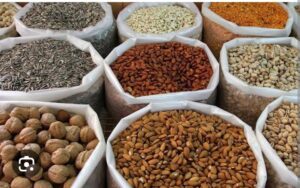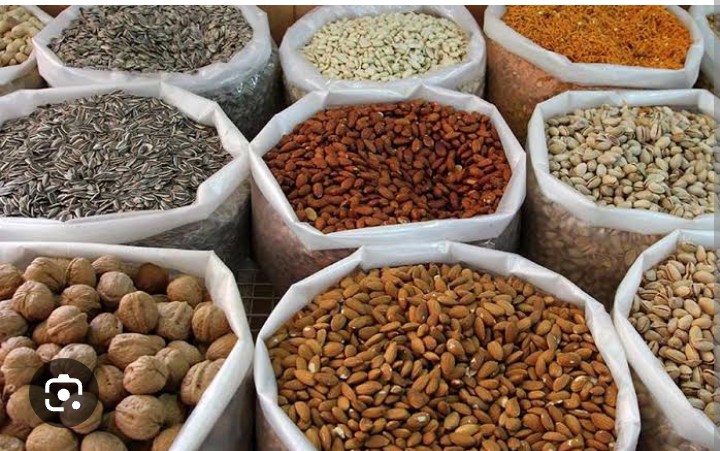


(C).Nairametricts.
By Otori Ozigi
There is no gainsaying that Nigeria is presently entrapped in the worst food insecurity crisis under this democratic dispensation.
And there is no respite in sight.
Expectedly,a number of reasons have been recognized as directly or indirectly responsible for this avoidable and worrisome situation in the land.
True,there is acute and biting hunger as well as spiraling inflation affecting every poor and vulnerable Nigerians.
The economy of the country is in shambles and facing one of the worst case scenarios in recent time, occasioned by the recent removal of fuel subsidy and the foreign exchange crisis which has affected the value of the naira in exchange for other currencies of the world economy, particularly the dollar.
To worsen the already bad situation, the economy of the country is still largely import dependent.
In the same vein,the lingering insecurity challenges like kidnappings, insurgency, banditry, ethno-religious crisis and the effect of climate change ,resulting into recent unprecedented floodings in some states are deeply responsible for the present food crisis in the country.
The question on the lips of every well meaning Nigerians is that, what is the immediate and long time solutions to this avoidable quagmire in the land.
It is projected by food experts in the country that this crisis would continue to linger on, until the month of June this year as we begin dry season off circle farming.
This writeup is intended to offer a number of practical and impactful solutions to ameliorate the dire crisis on our hands.
While we recognize the recent declaration of a state of emergency in food insecurity by the Federal government, one is tempted to point out that the solutions to the crisis is far beyond the proclamation of a state of emergency, which is a mere statement of rhetorics, abinitio.
Recall that once upon a time agriculture used to be the mainstay of the economy of this country before the discovery of oil that has become a curse rather than a blessing to Nigeria and her citizens.
This was in the good old days when there are enough cocoa in the West,groundout pyramids in the North and rubber and palm oil plantations in the Eastern part of the country.
The leaders in these regions used proceeds from the agricultural products to carry out a number of legacy developmental projects in their time.
And there was food security in all the nooks and crannies of the country.
There is no gainsaying that the various past and present agricultural intervention programmes of the federal government have failed to meet the desired results in achieving food security and also provide enough food for exports.
The narrative is that they are mere conduit pipes for unbridled corruption and evidence of corporate failures in food security programmes and policies. Evidently, these programs have no direct impact on food security at all.
Viewed against this background therefore,it is pertinent for governments at all levels ,to immediately constitute the inauguration of commodity boards that would begin direct sales of grains like rice, beans,millets, maize and guinecorn to Nigerians in all the 774 local government areas and local communities across the country.
This is the roadmap to solving the food crisis in the country right now and not mere proclamation of a state of emergency that reportedly lacks the necessary and required legal backing, as we speak.
As you read this piece, remember that millions of people are reportedly facing severe and extreme hunger and poverty at the moment in the country.
May God help President Tinubu to succeed.
The socio-economic problems of the country clearly predates his government.
But he is expected to give us a renewed hope,which he promised.
Otori Ozigi, a veteran journalist and PR Consultant, writes from Okene.


